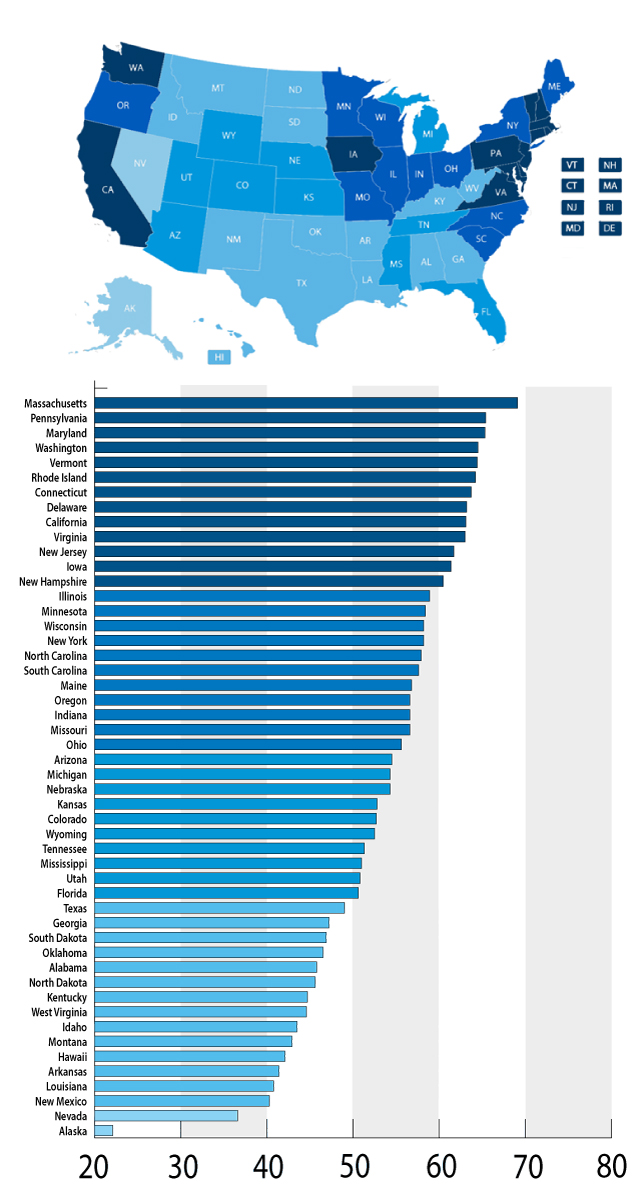President Barack Obama has led the push for more U.S. college graduates, even though in a tough economy with competing demands the money to support the push hasn’t materialized — at least, not as Obama had once hoped.
From the South comes another new graduation initiative — this one calling for 60 percent of adults aged 25-64 in 16 southern states to earn a college degree or technical certificate by the year 2025. Lumina Foundation for Education issued a similar call — Goal 2025 — earlier this year, though it’s for the country as a whole instead of just a particular region. (Disclosure: Lumina Foundation is one of The Hechinger Report’s many funders.)
The latest graduation initiative comes at a time when talk of America’s slipping status in education is dominating conversation, highlighted most recently by Waiting for “Superman” and the NBC Education Summit. It also follows Georgetown University Researcher Anthony Carnevale’s estimate that states will need to increase the number of college degrees and certificates that are awarded by three percent to meet the nation’s future workforce demands.
The graduation initiative was announced in a report, “No Time to Waste” from the Southern Regional Education Board (SREB), that pushes new and specific goals for awarding different types of degrees and for raising college-graduation rates. The report also calls for paying closer attention to college costs and for improving the readiness of high-school students for college, long an obstacle to degree attainment. But it warns against tightening admissions standards as a way to improve graduation rates, saying that maintaining access must remain a priority for institutions of higher learning.
Southern states in particular are struggling to get more students through college, according to the report. The percentage of adults aged 25-64 who have two-year or four-year degrees in southern states ranges from a low of 26 percent to a high of 44 percent.
“We have no choice but to raise the education levels of the population substantially in the next 15 years if we want to remain economically competitive and continue to make social progress in our region,” said Dave Spence, the president of SREB.
What do college-completion rates look like in the South and elsewhere? Here are the six-year graduation rates for students in bachelor-degree programs in all 50 states. (Source: National Center for Education Statistics, IPEDS Graduation Rate survey)



